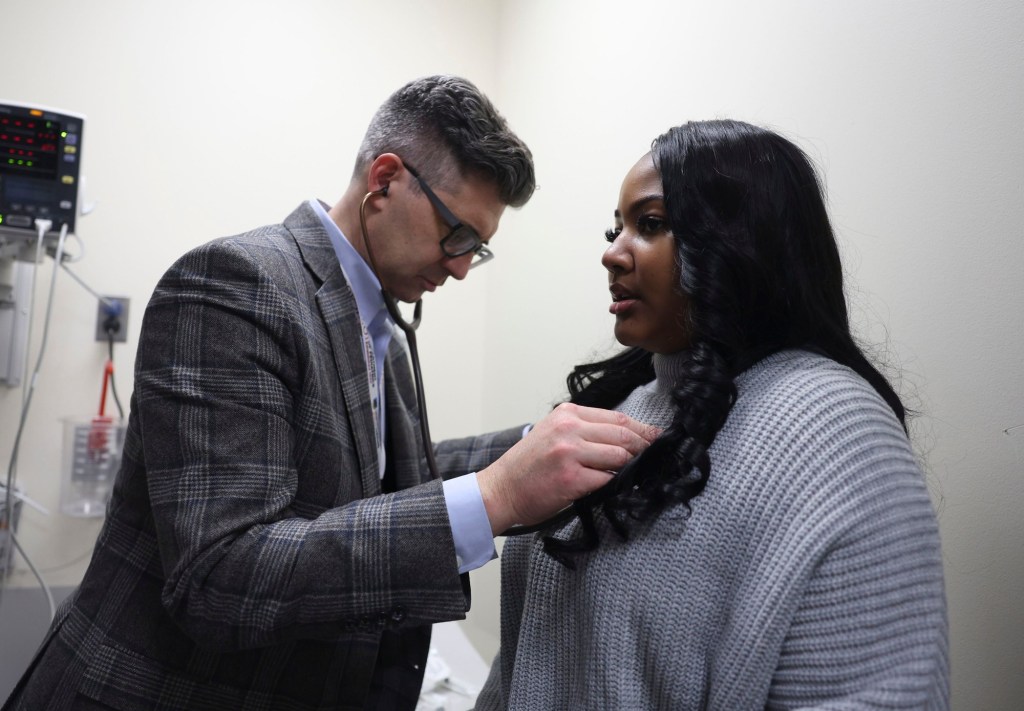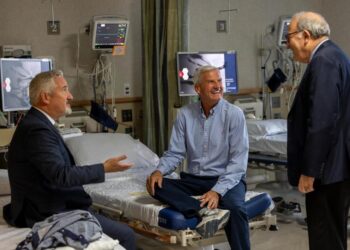Lyric Porter wanted her life back. Born with sickle cell disease, she had a fever at age 5 that scarred her lungs and required her to roll an oxygen tank to school. When she was growing up, clogged blood vessels racked her body with stabbing sensations and forced her to be hospitalized again and again.
When she learned of a new experimental treatment at the University of Chicago Medicine to alter her genes and possibly cure her, she decided to take it. The process itself was an ordeal, but more than a year later, at age 27, Porter is feeling better, has more energy and has stayed out of the hospital.
“I had to take the risk,” she said. “I wanted a better quality of life. And I lost so many friends who had sickle cell disease.”
Now, other patients may benefit from a similar new treatment. Federal regulators recently approved a groundbreaking protocol that has the potential to relieve some of the 100,000 Americans, most of them Black, who suffer from this lifelong disease.
The University of Chicago is one of just nine medical centers nationwide initially approved to offer the therapy, with the University of Illinois at Chicago expected to do so early in 2024.
Sickle cell causes not only debilitating pain, but also anemia, organ damage, strokes and, often, an early death.
The new Casgevy treatment alters patients’ genes to produce healthy round red blood cells, rather than the crescent- or sickle-shaped cells that cause the disease.
The treatment, by Vertex Pharmaceuticals Inc., is the first therapy approved by the U.S. Food and Drug Administration to use CRISPR/Cas9 gene therapy. CRISPR is a revolutionary tool that can cut and remove, add or replace DNA in targeted areas to address different genetic disorders. Its developers won the 2020 Nobel Prize in chemistry.
In the case of sickle cell, the process switches a gene to produce fetal hemoglobin, which in effect replaces and dilutes the defective blood…
Read the full article here







